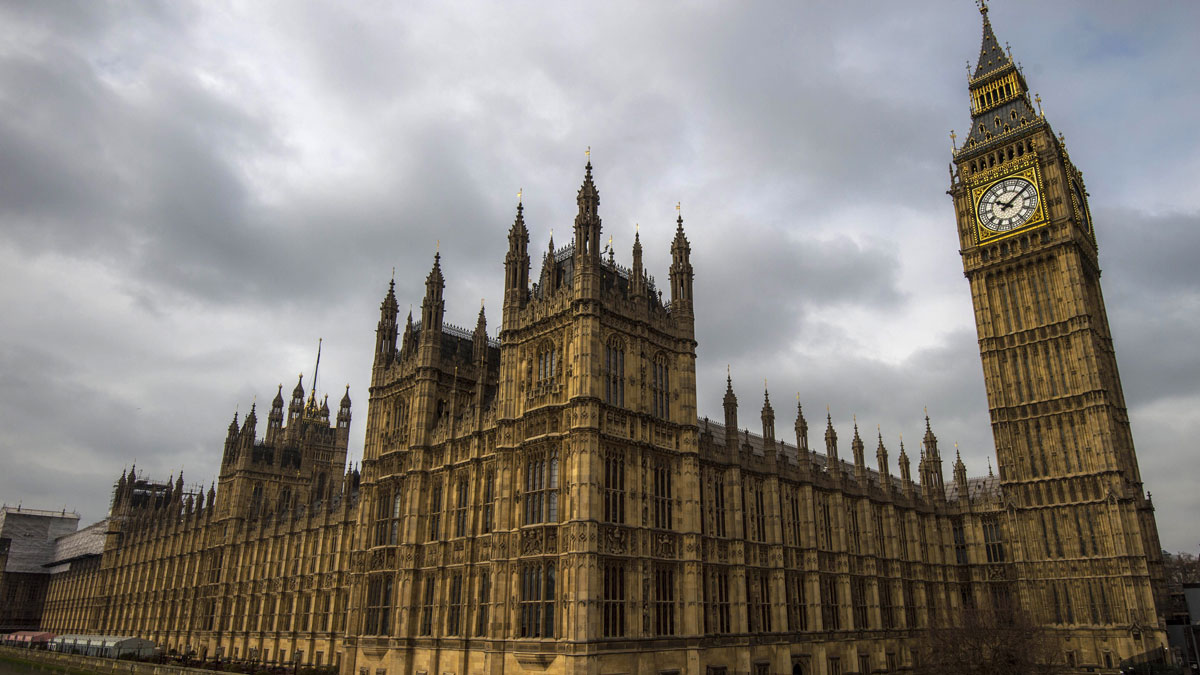MPs at risk of blackmail after cyber attack
Politicians could be vulnerable after 'sustained and determined' hackers break into Westminster's email system

A free daily email with the biggest news stories of the day – and the best features from TheWeek.com
You are now subscribed
Your newsletter sign-up was successful
MPs and peers have been warned they may receive blackmail threats after hackers attacked the parliamentary computer system.
More than 10,000 people working in Westminster were told to change their passwords after the "sustained and determined" attack. MPs and peers lost access to their emails and were blocked from viewing them on their phones when the system was shut down on Saturday as a precaution.
According to Sky News, the email accounts of up to 90 MPs may have been compromised. The Sun says the "unprecedented" attack "could leave politicians... susceptible to blackmail, or at risk of terrorist attack".
The Week
Escape your echo chamber. Get the facts behind the news, plus analysis from multiple perspectives.

Sign up for The Week's Free Newsletters
From our morning news briefing to a weekly Good News Newsletter, get the best of The Week delivered directly to your inbox.
From our morning news briefing to a weekly Good News Newsletter, get the best of The Week delivered directly to your inbox.
The assault began on Friday morning, reports the Sunday Times, and MPs have expressed "fury" that it took more than ten hours for parliamentary officials to alert them to the full extent of the threat.
In a leaked email seen by the paper, Rob Greig, parliamentary digital director, said he sought the help of the National Cyber Security Centre after detecting "unusual activity" on the network.
While some senior cabinet ministers are believed to have been targeted, the Prime Minister's account was not breached. A security source said the attack had been "contained", but a senior Whitehall official said it was "inevitable" some information would have been stolen.
MP Andrew Bridgen told the Daily Mirror: "An attack like this could leave an MP or one of their constituents open to blackmail".
A free daily email with the biggest news stories of the day – and the best features from TheWeek.com
Spy chiefs have yet to determine the motive behind the hack, which MPs say could have come from Russia, China or North Korea.
"Intelligence officials were investigating whether a state actor was involved," says The Times, "although the methods used were less sophisticated than techniques traditionally deployed by Russia and North Korea."
In 2015, GCHQ thwarted the hacking of government departments and broadcasters by Russian state-sponsored hackers and last week, it was reported that passwords belonging to cabinet ministers, ambassadors and senior police officers were being traded by Russian hackers.
International Trade Secretary Liam Fox said the attack should act as "warning to everyone we need more security and better passwords", adding: "You wouldn't leave your door open at night."
A 2016 report into cyber security in Westminster raised serious questions about IT security and highlighted a lack of "transparency and accountability", while recommending a shake-up in the coordination of parliamentary security.